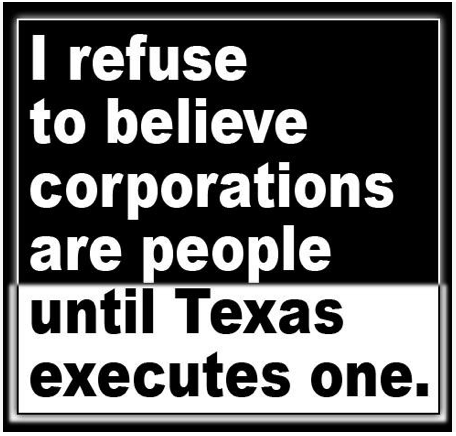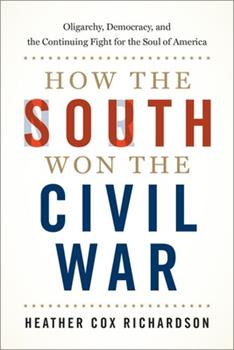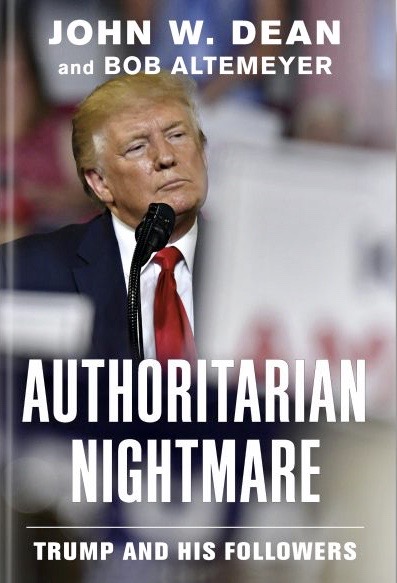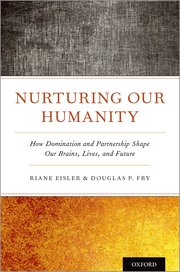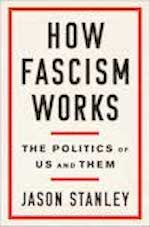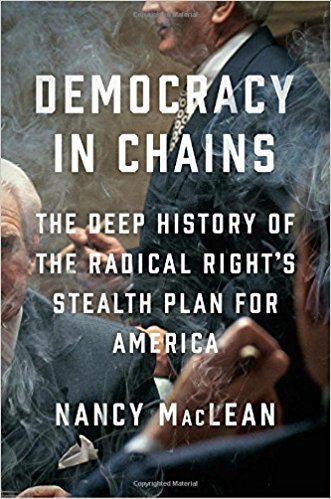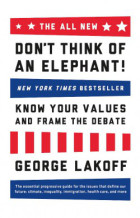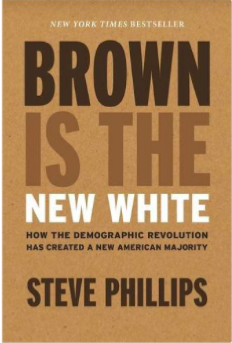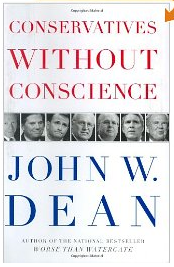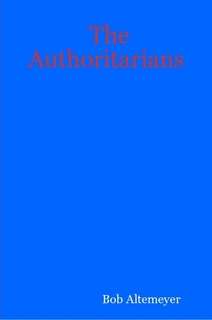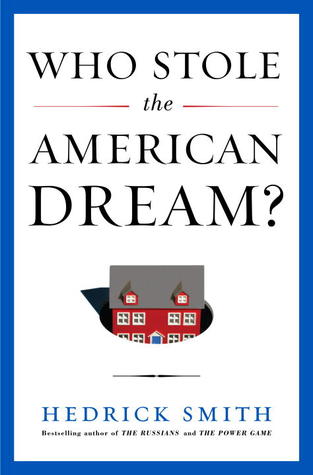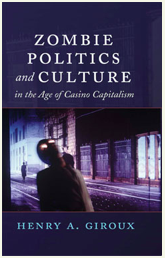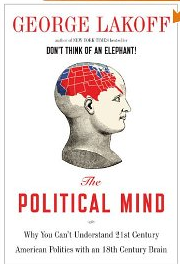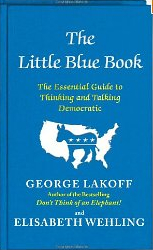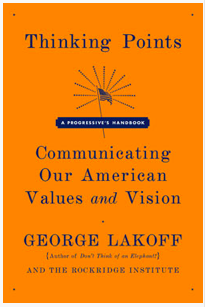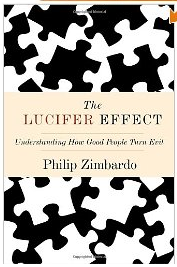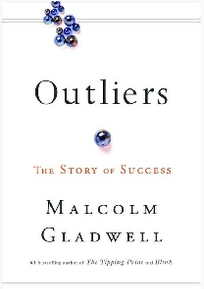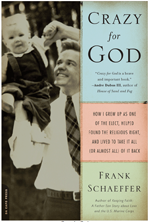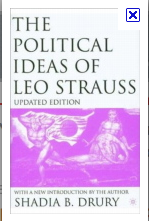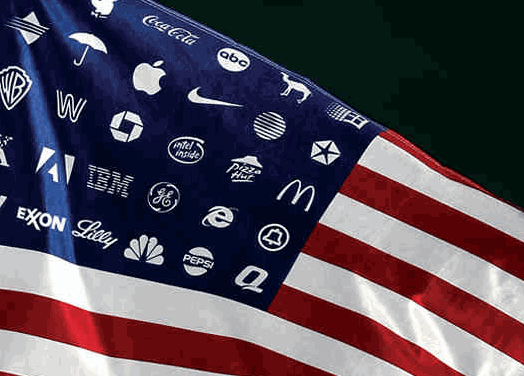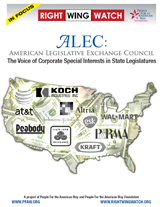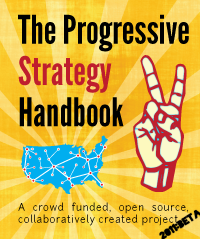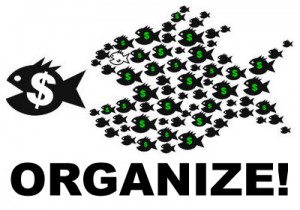Institutions, which humans create, tend to reflect the values of the humans that created/control them. These institutions can be corrupt and harmful or they can do good. The difference is whether the individuals in charge of the institution feel empathy and responsibility for themselves and others whom they impact.
The institution may be a government, a corporation, a military, a religion, a small business, a charitable organization, an economic system, a homeowners association or a family. When those controlling the institution lack empathy and responsibility, the institution will concentrate power and wealth and then use it to control and abuse individual citizens, workers, soldiers, worshipers, homeowners, spouses or children. However, when empathetic and responsible individuals control the institution, the rights of the individuals will be respected.
To guard against a lack of empathy and responsibility (and therefore abusive institutions) checks and balances are necessary, especially at the top of the institutional food chain – the federal government. That’s why our founding fathers established three branches of government and why we need various institutions to impartially watch over others.
For example, we need two or more political parties to keep each other in check. We need police, courts and lawyers to check and balance criminals anywhere in the institutional world. We also need voters to keep an eye on the government and renew it as necessary when checks and balances are eroded and citizens are abused by one branch of the government or another.
How does empathy, responsibility and checks and balances play a role in the progressive and “conservatives without conscience” philosophies.
Progressives nurture, protect and empower their children and believe that our democratic government must empower and protect its citizens. The government must protect by guaranteeing freedom from harm, want and fear, and empower by maximizing our chances of achieving our goals. Providing and supporting necessary checks and balances, such as our military, police, fireman, EMTs, the FDA, the NLRB, OSHA, the EPA, and maybe someday Medicare for all, is the primary means of protection.
Progressives know there is a necessary cost for the government to empower and protect – all citizens must pay taxes to maintain the foundations of protection and empowerment. They believe that the more you gain from empowerment and protection, the more you should pay to maintain them.
On the other hand, Neocons, the leaders of conservatives without conscience, want to eliminate checks and balances across the board – it interferes with their accumulation of power and wealth and the creation of their oligarchy. Neocons maximize the power of their oligarchy by consolidating it under a unitary executive. They are financially supported by huge corporations, which in turn are rewarded with no-bid war contracts and the elimination of regulations.
This transfer of power from the citizens to the conservative-without-conscience oligarchy is accomplished through “noble lies,” wars without end, and fear mongering about all ‘the enemies’ out there. Their immense lack of empathy and responsibility toward others leads to abuse of those citizens not like them. Their elimination of checks and balances on institutions like multinational banks, drub manufactures, food producers and no-bid defense contractors creates even more citizen abuse.
So, where do libertarians fit into the progressive versus conservative worldviews?
Libertarians are not power crazed and strongly oppose the neocon oligarchy. They prefer the government leave other institutions, from corporations to citizens, alone. This is similar to conservatives without conscience, but to the extreme. Libertarians prefer institutions and citizens have free reign – no checks and balances except for self-regulation.
Libertarians consider the progressive’s broader view of government protection and empowerment of freedom for all citizens as interference with their personal liberties. They, like conservatives without conscience, lack empathy and a sense of responsibility for those not like them. The result is that not everyone has the same personal liberties. Those with more liberty (power and wealth), like management and unregulated speculators, will abuse those with less power and wealth, like employees and citizens.
Libertarians and neocons have one principle in common: cutting taxes. The difference is that neocons need their rich friends and help them get richer. Libertarians, however, leave getting rich to the rich or those that can’t self-regulate.
However, cutting taxes, especially for the mega rich, reduces the government’s ability to protect citizens against abuse, life’s unfairness and the corruption encouraged by excessive wealth and power. Reducing taxes reduces the required funding for institutional checks and balances which the government needs to protect and empower all citizens. Reducing taxes on the mega rich is moving our democracy closer and closer to an aristocracy.
And isn’t rule by an aristocracy what our progressive founding fathers declared independence from? Isn’t that why our founding fathers were in favor of progressive taxation as a check and balance against the abuse of concentrated wealth and power?
Progressives promote checks and balances and progressive taxation to control the various abuses of conservatives without conscience: neocon’s abusive unitary executive with its reduction of constitutional and other human rights; libertarian’s extreme belief in minimalist government with its resulting abuse of citizens by the unrestrained wealthy and powerful.

Click to enlarge.



